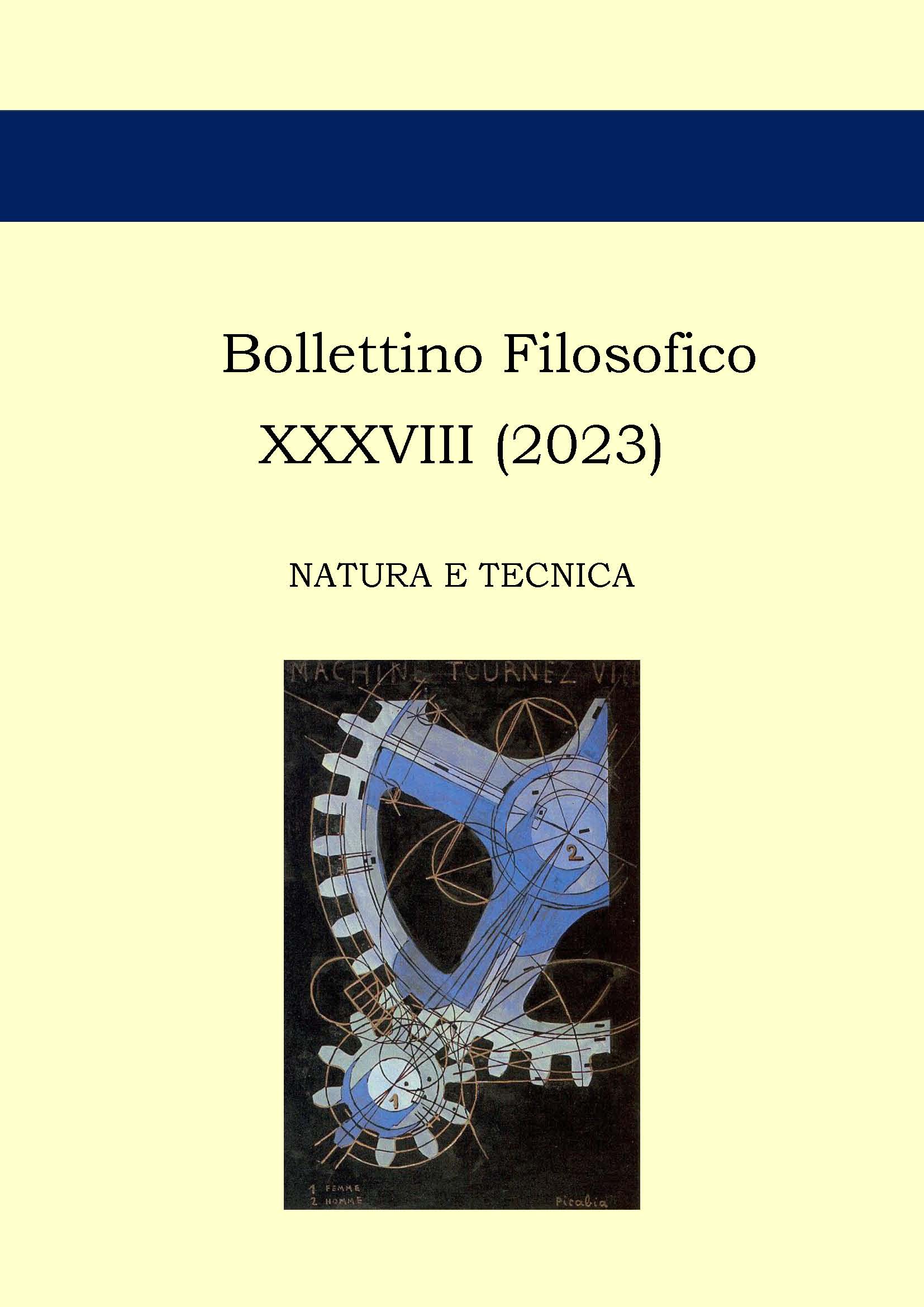Embodiment and Algorithmic Thinking: a Phenomenological Perspective on the Relationship between Life-World and Artificial Intelligence
DOI:
https://doi.org/10.6093/1593-7178/10386Abstract
The article critically examines the difference between Artificial Intelligence and human intelligence, specifically the distinction between simulation and embodiment, while analyzing the issue of human embodiment in its technically and digitally augmented dimension. The idea that digital processes do not simply imply a detachment from the body, dematerialization, or disembodiment is supported by many scholars, starting from those who, as early as the 1980s, reacted to cyberpunk narratives and their tendency to introduce a new mind-body dualism. However, the article aims to frame this thesis not so much within the discourse on the post-human but within a phenomenological perspective, employing specific conceptual tools. In particular, it considers: 1) the distinction proposed by Katherine Hayles between practices of embodiment and practices of inscription; 2) the notion of structural coupling by Maturana and Varela; 3) algorithmic thought and its temporal structure.
Keywords: Algorithms, Artificial Intelligence, Embodiment, Life-World, Phenomenology

